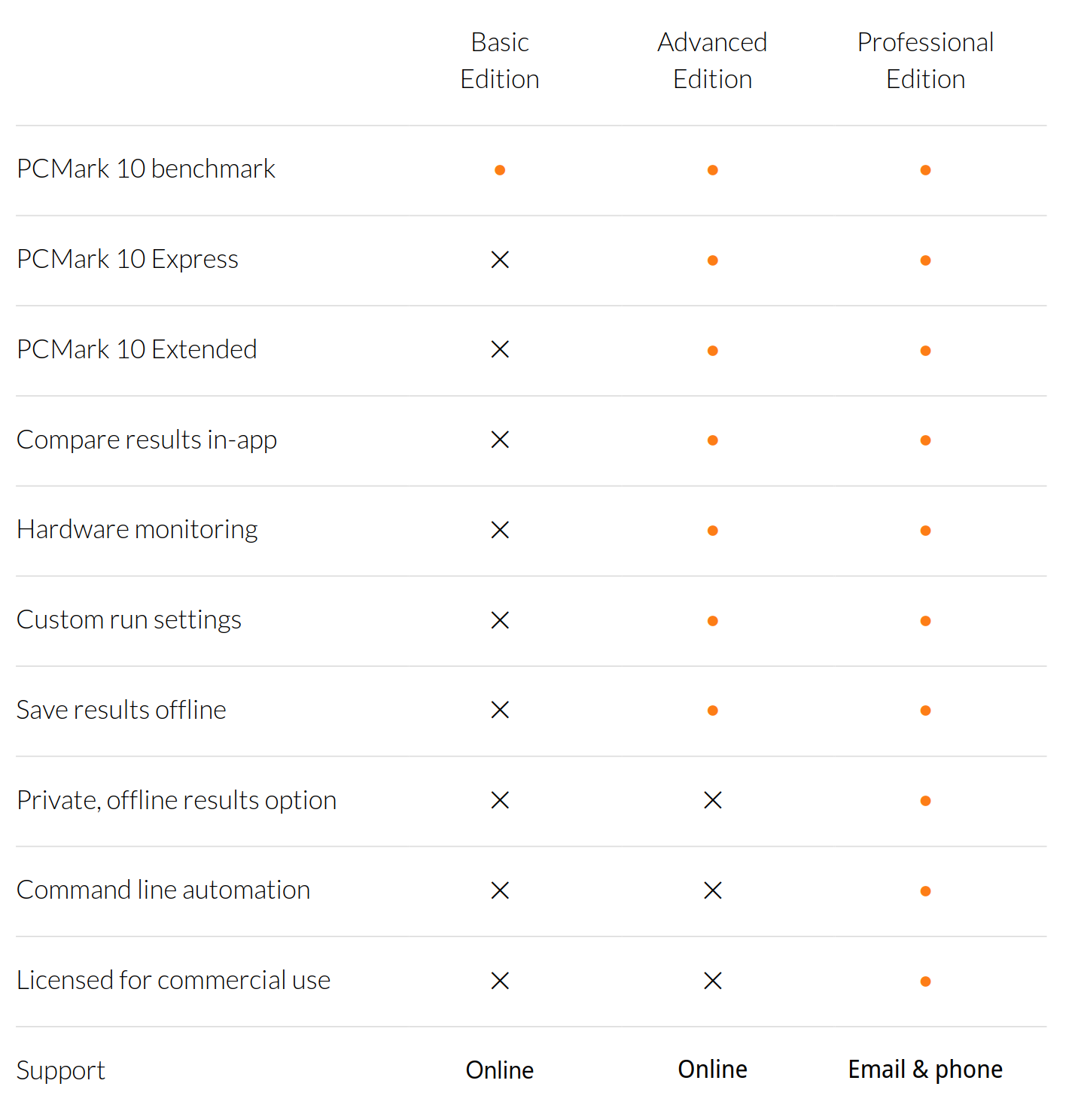
Looking at HWiNFO64 we can see features of “Picasso” SoC with dual-core/quad-thread CPU, Radeon Vega 3 GPU, and single-channel DDR4 memory. The board comes with AMD Ryzen Embedded R1606G processor as advertised, together with 4GB RAM, and 32GB eMMC flash.
#PCMARK 10 GETS STUCK ON GIMP WINDOWS 10#
The board is pre-loaded with a non-activated version of Windows 10 Enterprise LTSC which stands for Long Term Servicing Channel and only gets new releases every 2 to 3 years with security updates guaranteed for 10 years after its release. I also connected an HDMI cable to the USB-C hub, but it’s not working, so the board only supports dual display via the two Micro HDMI ports, as well as a USB 3.0 hard drive which is recognized, but as we’ll see later was really slow.įinally, I just connected the 12V/5A power adapter that comes with the board to boot it up.
#PCMARK 10 GETS STUCK ON GIMP PLUS#
I tried both MINIX NEO C Plus and Dodocool DC30S USB Type-C hubs, and the former did not work at all, while the latter mostly worked.


Since there aren’t any full-sized USB ports, you’ll need a USB-C hub to get started as you’ll probably want to connect a USB keyboard and mouse for development and testing, as well as a Micro HDMI cable to connect to a TV or display.

DFI GHF51 is an AMD Ryzen Embedded R1606G SBC for industrial application that’s about the size of the Raspberry Pi Model B board, and after checking out the hardware in the first of part of the review “ DFI GHF51 AMD Ryzen Embedded SBC Review – Part 1: Unboxing and Assembly“, I’ve now had time to play with the board running the pre-installed Windows 10 Enterprise LTSC operating system.


 0 kommentar(er)
0 kommentar(er)
